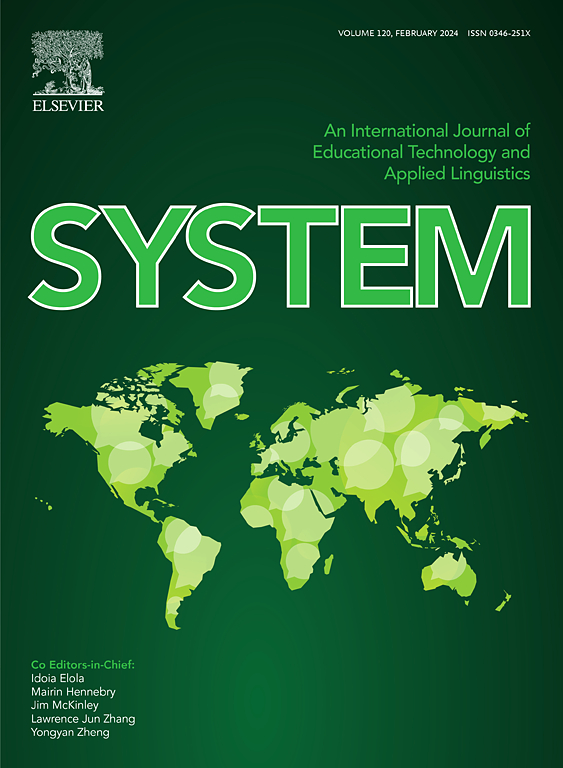Exploring the effects of dietary inulin in rainbow trout fed a high-starch, 100% plant-based diet
IF 6.5
1区 农林科学
Q1 Agricultural and Biological Sciences
引用次数: 0
Abstract
High dietary carbohydrates can spare protein in rainbow trout (Oncorhynchus mykiss) but may affect growth and health. Inulin, a prebiotic, could have nutritional and metabolic effects, along with anti-inflammatory properties in teleosts, improving growth and welfare. We tested this hypothesis in rainbow trout by feeding them a 100% plant-based diet, which is a viable alternative to fishmeal and fish oil in aquaculture feeds. In a two-factor design, we examined the impact of inulin (2%) as well as the variation in the carbohydrates (CHO)/plant protein ratio on rainbow trout. We assessed the influence of these factors on zootechnical parameters, plasma metabolites, gut microbiota, production of short-chain fatty acids and lactic acid, as well as the expression of free-fatty acid receptor genes in the mid-intestine, intermediary liver metabolism, and immune markers in a 12-week feeding trial. The use of 2% inulin did not significantly change the fish intestinal microbiota, but interestingly, the high CHO/protein ratio group showed a change in intestinal microbiota and in particular the beta diversity, with 21 bacterial genera affected, including Ralstonia, Bacillus, and 11 lactic-acid producing bacteria. There were higher levels of butyric, and valeric acid in groups fed with high CHO/protein diet but not with inulin. The high CHO/protein group showed a decrease in the expression of pro-inflammatory cytokines (il1b, il8, and tnfa) in liver and a lower expression of the genes coding for tight-junction proteins in mid-intestine (tjp1a and tjp3). However, the 2% inulin did not modify the expression of plasma immune markers. Finally, inulin induced a negative effect on rainbow trout growth performance irrespective of the dietary carbohydrates. With a 100% plant-based diet, inclusion of high levels of carbohydrates could be a promising way for fish nutrition in aquaculture through a protein sparing effect whereas the supplementation of 2% inulin does not appear to improve the use of CHO when combined with a 100% plant-based diet.探索以高淀粉、100% 植物性食物喂养的虹鳟鱼膳食中菊粉的影响
虹鳟鱼(Oncorhynchus mykiss)摄入高碳水化合物可以节省蛋白质,但可能会影响生长和健康。菊粉是一种益生元,可对远洋鱼类产生营养和新陈代谢作用,并具有抗炎特性,从而改善生长和福利。我们在虹鳟鱼身上测试了这一假设,给它们喂食 100% 植物性食物,这是水产养殖饲料中鱼粉和鱼油的可行替代品。在双因素设计中,我们考察了菊粉(2%)以及碳水化合物(CHO)/植物蛋白比例变化对虹鳟鱼的影响。在为期12周的喂养试验中,我们评估了这些因素对动物技术参数、血浆代谢物、肠道微生物群、短链脂肪酸和乳酸的产生以及中肠游离脂肪酸受体基因的表达、中间肝脏代谢和免疫指标的影响。使用 2% 菊粉并没有明显改变鱼类的肠道微生物群,但有趣的是,高 CHO/蛋白质比组显示出肠道微生物群的变化,尤其是 beta 多样性,21 个细菌属受到影响,包括 Ralstonia、芽孢杆菌和 11 个乳酸产生菌。摄入高 CHO/蛋白质组的丁酸和戊酸含量较高,而摄入菊粉组的丁酸和戊酸含量较低。高 CHO/蛋白质组显示肝脏中促炎细胞因子(il1b、il8 和 tnfa)的表达量减少,肠道中紧密连接蛋白编码基因(tjp1a 和 tjp3)的表达量减少。然而,2%的菊粉并没有改变血浆免疫标记物的表达。最后,无论膳食碳水化合物的含量如何,菊粉都会对虹鳟鱼的生长性能产生负面影响。在 100%以植物为基础的膳食中,添加高水平的碳水化合物可以通过节省蛋白质的作用成为水产养殖中鱼类营养的一种有前途的方法,而在 100%以植物为基础的膳食中添加 2% 的菊粉似乎并不能提高 CHO 的利用率。
本文章由计算机程序翻译,如有差异,请以英文原文为准。
求助全文
约1分钟内获得全文
求助全文
来源期刊

Journal of Animal Science and Biotechnology
AGRICULTURE, DAIRY & ANIMAL SCIENCE-
CiteScore
9.90
自引率
2.90%
发文量
822
审稿时长
17 weeks
期刊介绍:
Journal of Animal Science and Biotechnology is an open access, peer-reviewed journal that encompasses all aspects of animal science and biotechnology. That includes domestic animal production, animal genetics and breeding, animal reproduction and physiology, animal nutrition and biochemistry, feed processing technology and bioevaluation, animal biotechnology, and meat science.
 求助内容:
求助内容: 应助结果提醒方式:
应助结果提醒方式:


